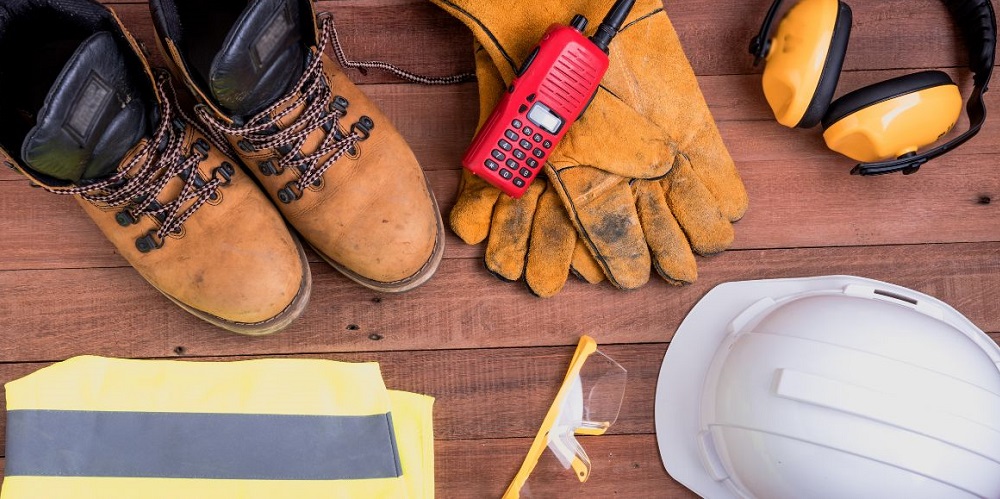
7 Ways to Prevent Equipment Accidents
Category: Equipment and Solutions
If you’re in the construction business, you rely on heavy equipment like bulldozers, excavators, motor graders and backhoe loaders to get the job done. While these machines are essential when completing your projects, they also present the risk of job site accidents if not used correctly.
Even the most safety-conscious construction operations can experience a mishap. Your company can reduce the likelihood of an accident by implementing these practices at your sites.
1. Perform a Pre-operation Walkaround
Faulty parts don’t just keep the machine from performing at peak efficiency — they can also pose a safety hazard. Before you begin your shift, perform a walkaround to check for potential issues. Examine the tires for wear or underinflation and ensure the cab windows are clean and free of cracks. If the machine runs on tracks, inspect them for damage or rocks caught in the mechanism. You should also check the inside of the cab to ensure the instruments and controls are functioning correctly.
If you notice any problems during your walkaround, report them to the site supervisor or make a call to the equipment supplier to request service.
2. Maintain 3 Points of Contact
According to the National Institute for Occupational Safety and Health (NIOSH), falls were the leading cause of construction site deaths in 2019. Climbing into and dismounting a piece of heavy equipment poses a significant fall hazard, especially in wet or slippery conditions.
You can lower the risk by following the three points of contact rule when entering or exiting a machine. Maintain contact with a solid surface or step with either one hand and two feet or two hands and one foot throughout the process.
3. Buckle Up
You probably don’t think twice about fastening your seat belt when riding in a private passenger vehicle. You should do the same when operating any heavy equipment. Buckling up will protect you if you’re involved in an accident and could help you avoid a severe injury.
Wearing a seat belt can also keep you compliant with Occupational Safety and Health Administration (OSHA) regulations. OSHA §1926.602(a)(2)(i) requires that earthmoving equipment must contain seat belts and that operators must use appropriate personal protective equipment (PPE) when working in hazardous conditions.
4. Avoid Overload
All equipment has specific load limits that users should obey. Operating an overloaded machine can cause it to tip and roll. It can also make a load drop or possibly break the hauling component, any of which can lead to an accident and injuries.
Always check the machine’s weight limit before loading and never exceed it. No matter how tight your schedule is, it’s better to make an extra trip than experience an accident.
5. Watch for Fatigue
Operating an earthmoving machine is challenging work that requires stamina and maintaining focus for long periods. Mistakes and accidents happen when operators get tired and their concentration wavers.
You can minimize fatigue and its potential ramifications by taking frequent breaks throughout your shift. Eating enough and drinking plenty of water will also help you stay fresh and alert. Always try to get a good night’s sleep if you’re planning to use heavy equipment the next day.
6. Check Blind Spots
Adhering to safe operating practices is another key to preventing job site accidents. All machines have blind spots that limit visibility and create a safety hazard. If you’re new to using a specific model, check the owner’s manual to determine its vulnerable areas. Additionally, it’s always best to get out of the cab and do a visual check if you’re unsure of your surroundings.
7. Communicate Effectively
You can avoid accidents by knowing what’s around you and what other operators are doing. If you have two-way radio access, use it to stay connected with your colleagues. If you’re a site manager, make sure your crews are aware of changing conditions that could impact safety.
Are you looking for more ideas on how to prevent equipment accidents at your sites? The experts at NMC Cat can help. Contact us today to learn more about maximizing on-site safety.
